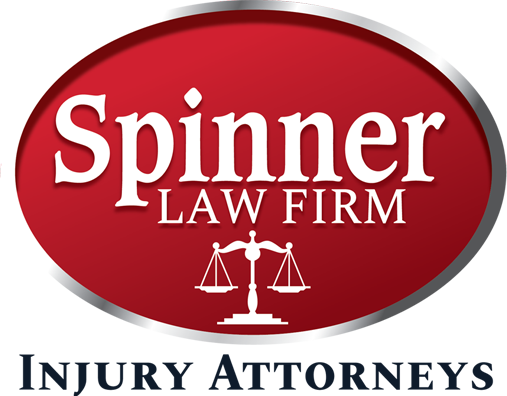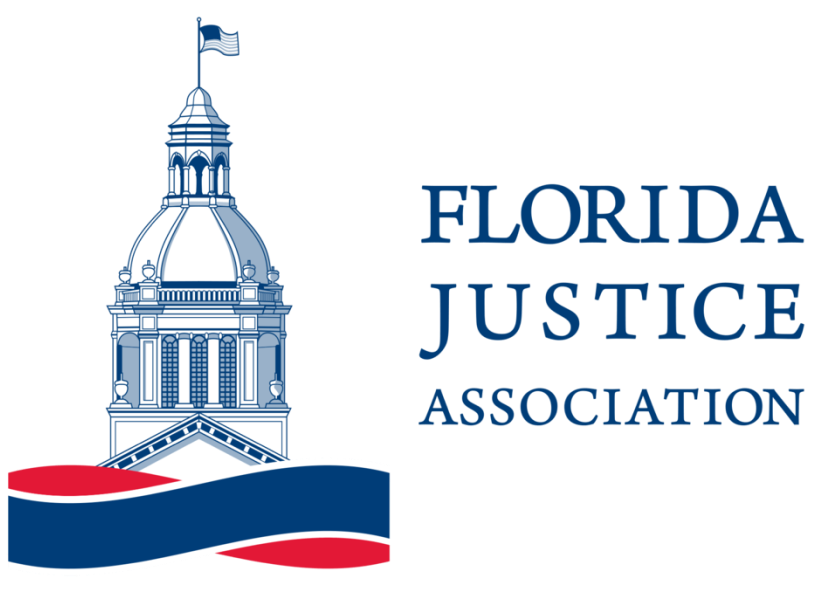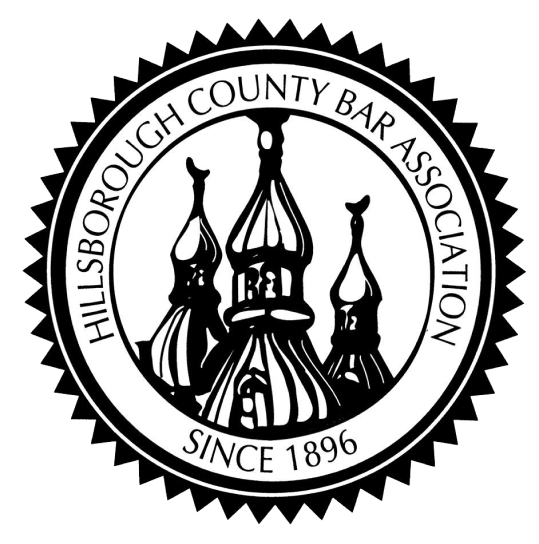Proposals for Settlement
A legal tool known as a “proposal for settlement” is commonly utilized to put pressure on the other party to settle a lawsuit. This strategy concerns Florida Statute 768.79 and Florida Rule of Civil Procedure 1.442, and involves assessing attorneys’ fees and costs for a prevailing party or party that offered to settle a case prior to trial for a reasonable amount.
Simply stated, if the Plaintiff in a litigation serves a “proposal for settlement”, and a jury verdict exceeds the offer by twenty five percent (25%) or more, then the Defendant is responsible for all of the Plaintiff’s attorneys’ fees and costs from the date of serving the proposal. The Defendant has thirty (30) days from the date of receipt to accept or reject the Plaintiff’s offer. If the Defendant does not accept the offer, it is deemed rejected by law.
Proposals for settlement are available to the Defendant in a lawsuit as well. If the Defendant in a litigation serves a “proposal for settlement”, the Plaintiff must obtain a verdict of higher than seventy five percent (75%) of the amount proposed by the Defendant. If there is a defense verdict or the verdict is less than seventy five percent of the verdict, then the Plaintiff is responsible for the Defendant’s reasonable attorney’s fees and costs. A Plaintiff has thirty (30) days from the date of receipt to accept or reject the Defendant’s offer.
A proposal for settlement must be in writing and contain the following information: a) the name of the party to whom the proposal is relevant to along with the party making the proposal, b) identifying the claims that the proposal concerns, c) relevant conditions must be clearly stated for the settlement d) the total amount of the settlement along with any non-monetary terms e) amount for punitive damages, if any f) whether attorneys’ fees are included, and g) a certificate of service that the proposal was sent to the concerned party.
The rules concerning Proposals for Settlement do not rest solely on the technicalities of the law. Under Florida Rule of Civil Procedure 1.442 (h), a judge can disallow attorney’s fees and costs if the offer is not made in good faith. Additionally, attorneys’ fees can be challenged for reasonableness under this rule. Florida Rule of Civil Procedure 1.442 and Florida Statute 768.79 may seem harsh. Certainly, the law favors the position of the wealthier insurance company. That said, sometimes these rules can push a party just enough to settle a case without costing both parties unnecessary litigation expenses.
Leave Your Reply
You must be logged in to post a comment.













